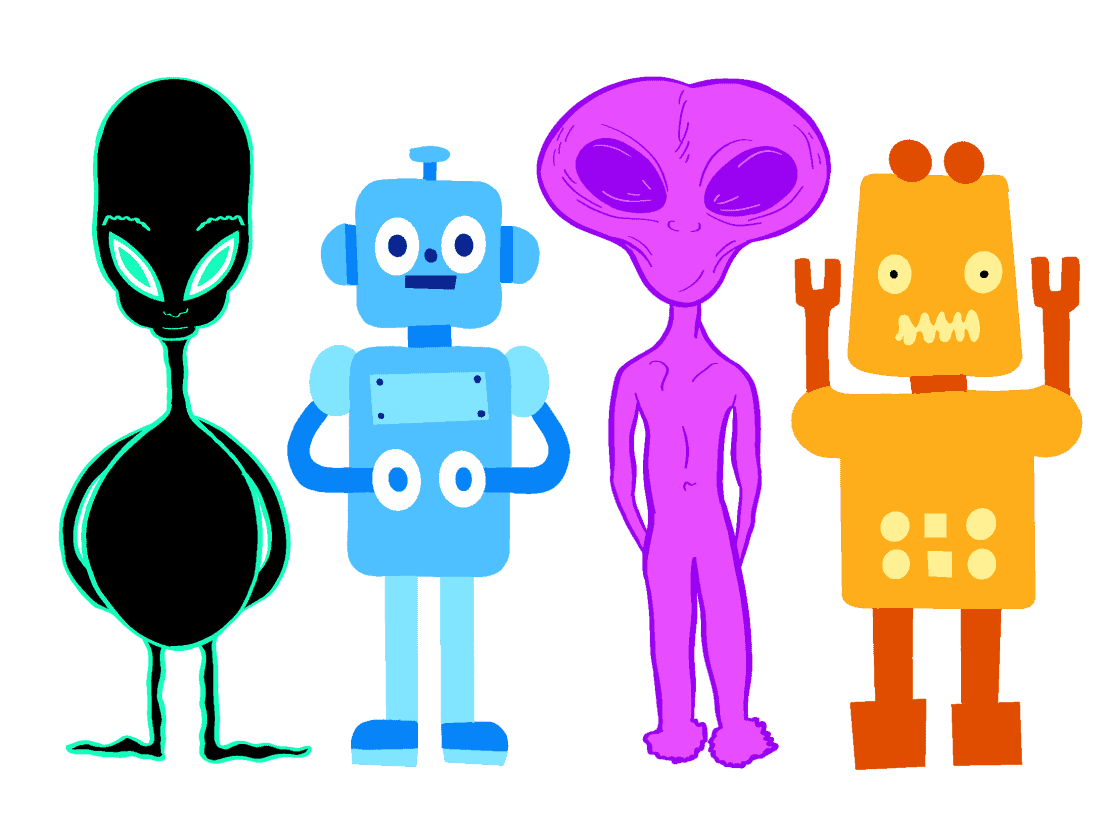
It is evident from the box office numbers of movies having to do with post-apocalyptic worlds and rogue robot rampage that people seem to have a morbid obsession with reliving their fears over and over again.
Though we have many fears, none are as prevalent as our fear of technology.
Some are little, such as anxiety regarding social media surveillance and parents blaming every problem a child has on ‘that damn phone.’ Others have a bit more heft to them, such as fears of robot takeovers and artificial intelligence eroding the line between machine and human.
Ever since Mary Shelley changed the game with Frankenstein — which is considered to be the first science-fiction novel — the genre has been using societal anxieties to thrill and terrify us.
Despite the two centuries that have elapsed since Shelley wrote her novel, our fears about this type of technology are still very present. Shelley’s creation of an unnatural, non-human mechanical creature that wrought havoc on society due to carelessness by its creator still mirrors the fears that people have today.
The only difference is that the technology we’re afraid of is much more advanced. The emergence of artificial intelligence has only intensified these fears.
AI has come a long way from being the stuff of fiction and half-looney speculators to now being incorporated into our daily lives. With the rise of virtual personal assistants like Siri and Amazon Alexa and full-blown robots like Hanson Robotics’ social robot, Sophia, AI can no longer be considered fantastical.
Science fiction movies have used different approaches to try and capture — or at least, describe — our fears regarding this science.
The Matrix had humanity fighting for its very essence from malevolent artificial intelligence robots. Black Mirror has a few episodes that depict AI being used to imitate human consciousness. Her details a man who falls in love with a sentient robot.
I Am Mother is a 2019 film that follows a teenage girl being raised in an automated bunker by an AI robot after an extinction event. The robot, known only as Mother, has an insidious plan that is revealed at the end of the film.
This movie deals with a number of fears we have about AI, the fear of losing control being one of the more prominent ones. The fear of robots taking over comes up again and again in science fiction — Robopocalypse, I, Robot and The Terminator all deal with this idea.
Living in the digital age where we depend on technology such as AI in our daily lives, the fear of losing control is always at the back of our minds. We have conquered odds to be at the top of the chain on our planet, so the fear of losing our place is only natural.
These fears are not helped by the ending of I Am Mother, which leaves some ambiguity about who exactly won in the battle between humans and robots.
Some of our fears regarding science fiction could be related to its proximity to reality. Many of the destruction bent robots we see in movies are based on already existing creations. There are physical similarities between Mother and Boston Dynamics’ robot, Atlas, just as there is a resemblance between Sophia and robots in movies like A.I. Rising and Ex Machina.
Even the science of Frankenstein is closer to 21st-century society than it’s ever been. Sophia the robot making jokes about her plans for world domination doesn’t help, either.
As technological advances continue to make AI’s even more intelligent, the science fiction of the past becomes a reality in our present — with our fears continuing to grow. We are already seeing push-back over humanoid robots due to public anxieties, but will that stop the onward march of the creators behind AI?
—
Tomilola Ojo/ Culture Editor
Graphic: Shawna Langer/ Graphics Editor
Leave a Reply